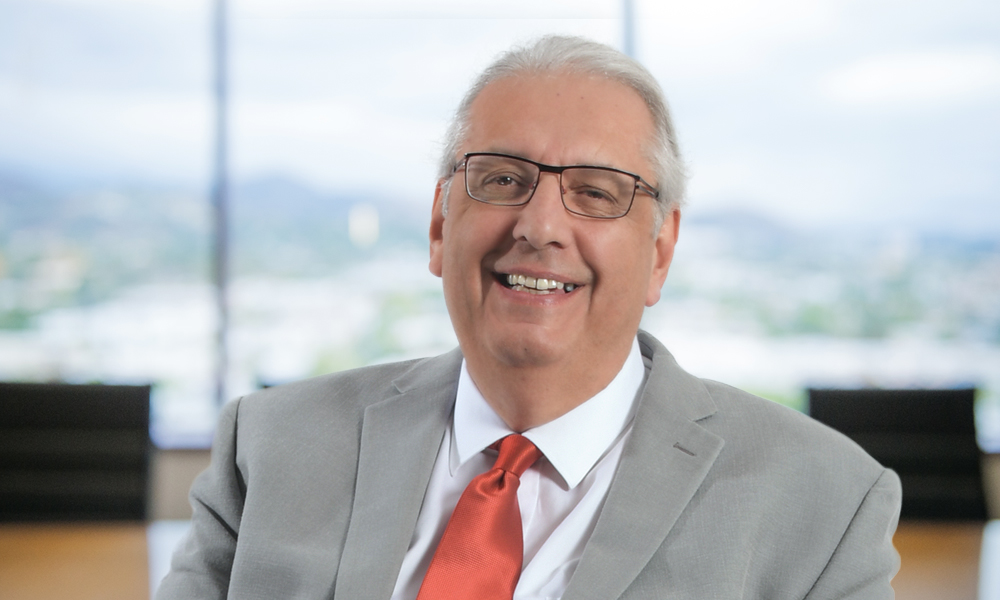The NWMO’s Vice-President of Indigenous Relations, Bob Watts, this fall attended and participated in the International Atomic Energy Agency (IAEA) conference in Vienna, Austria, as a member of the Canadian delegation.
The weeklong 61st IAEA General Conference was focused on international work in the areas of nuclear science and technology, safety, security, safeguards and technical cooperation.
Mr. Watts participated in a panel discussion hosted by Canada in which he outlined how critical it is to obtain social licence in order to successfully implement a plan for used nuclear fuel. “The Canadian APM project,” he said, “will only proceed with the involvement of the interested community, First Nation and Métis communities in the area, and surrounding communities, working in partnership to implement it.”
Key factors for the NWMO in achieving this, he said, are integrating Indigenous Knowledge, conducting broad-based, long-term engagement, respecting Aboriginal and treaty rights, seeking community well-being, building relationships, and working towards reconciliation.
After the conference, Mr. Watts outlined research from the University of Ottawa that shows why obtaining social license is challenging. “Environments are complex and conditions are shifting,” he said.
“Complex environments are those that are based on relationships, and therefore rely on the interconnectedness of people in the present, the past and considerations for the future generations.”
“By seeking to understand relationships, legacy issues and local landscapes, the NWMO is leading the way in incorporating an Indigenous worldview into all aspects of our work.”

